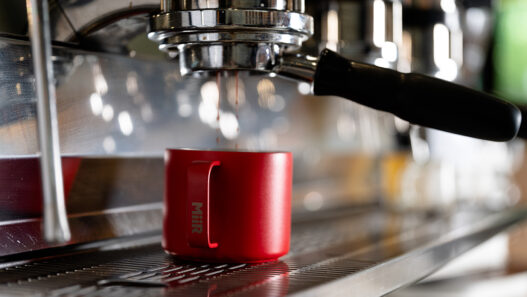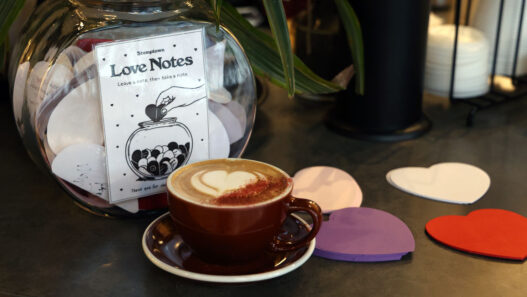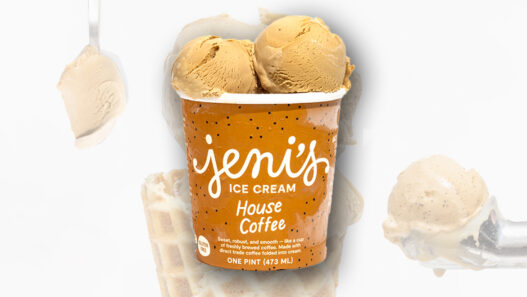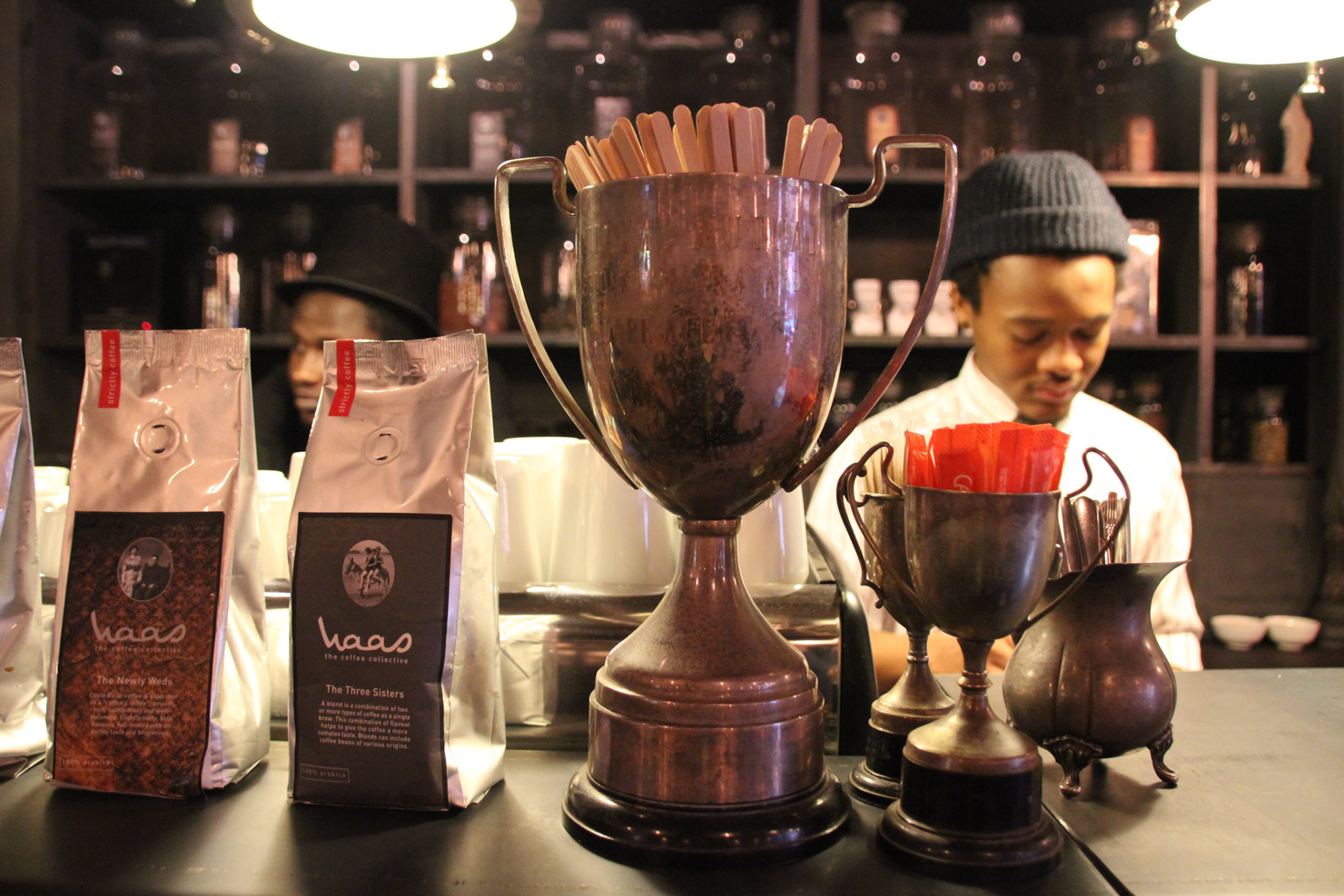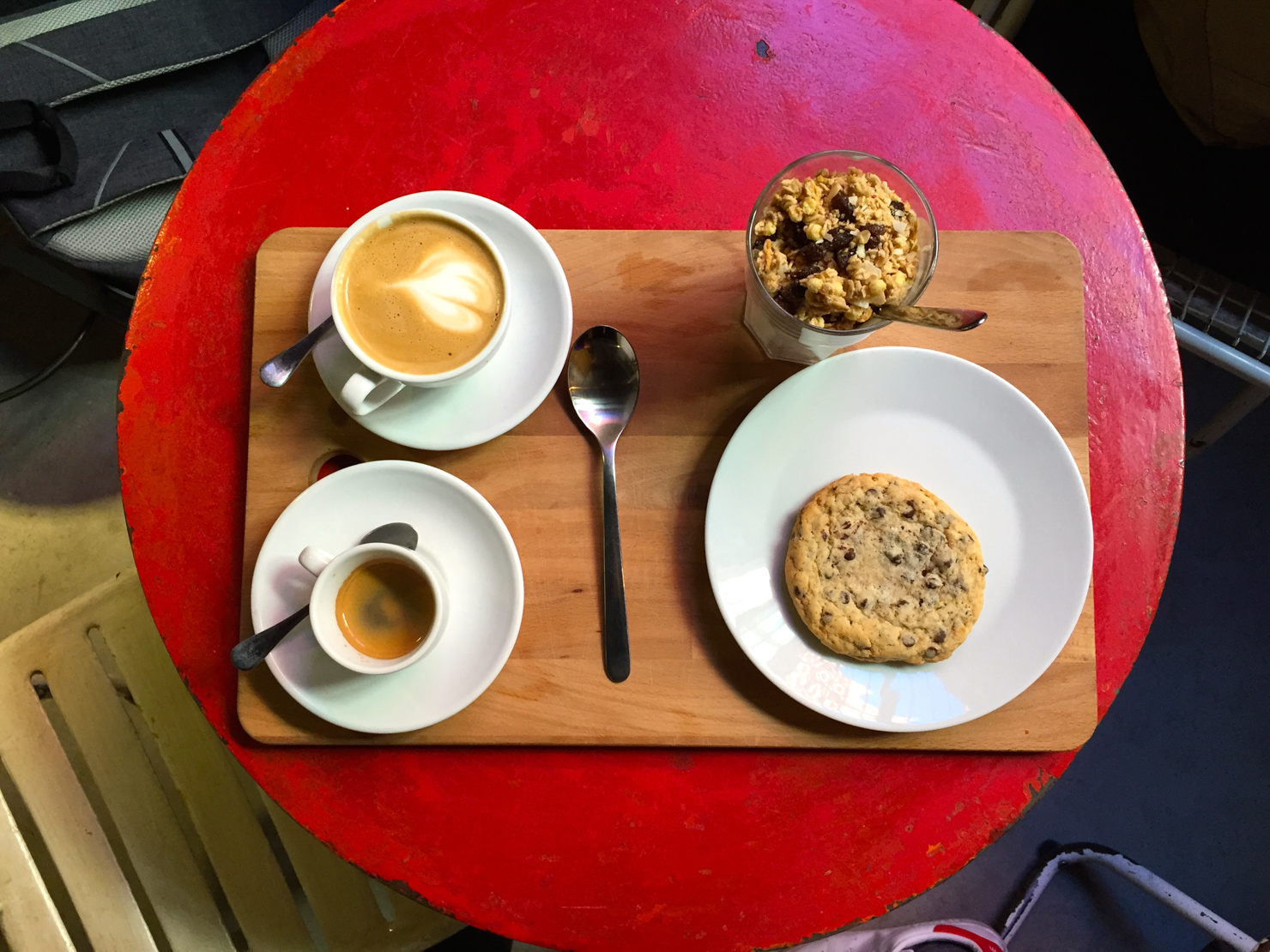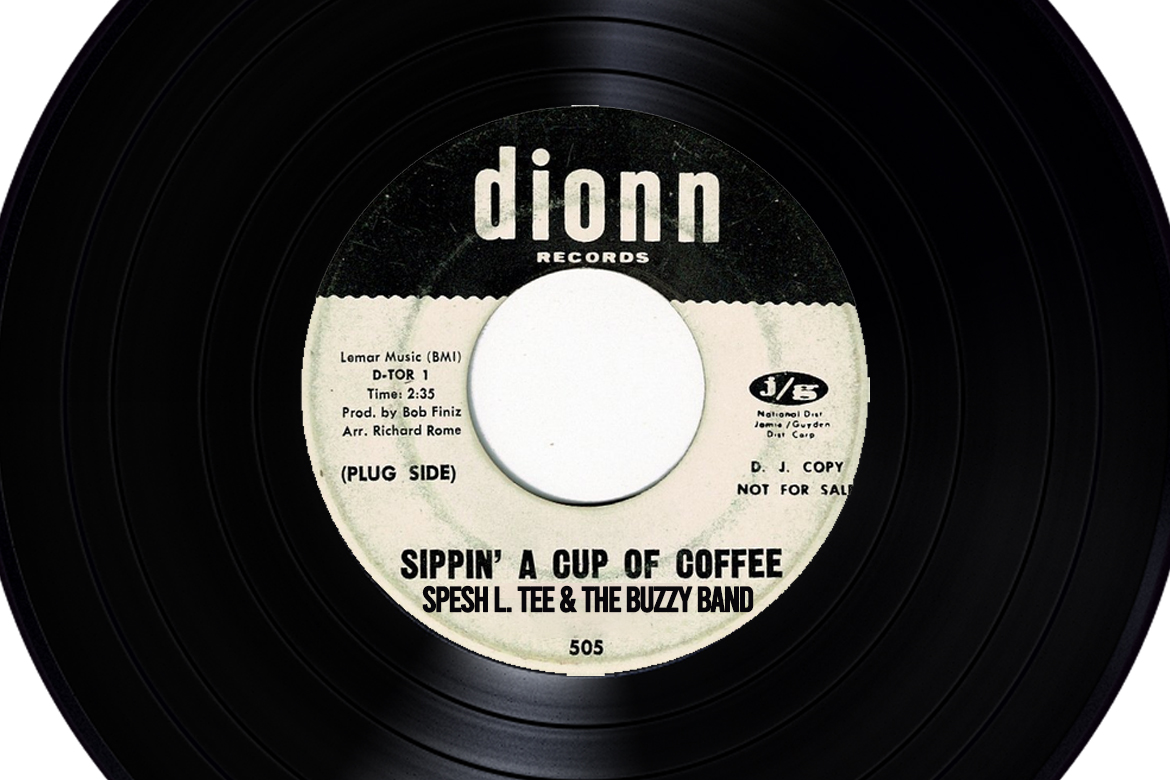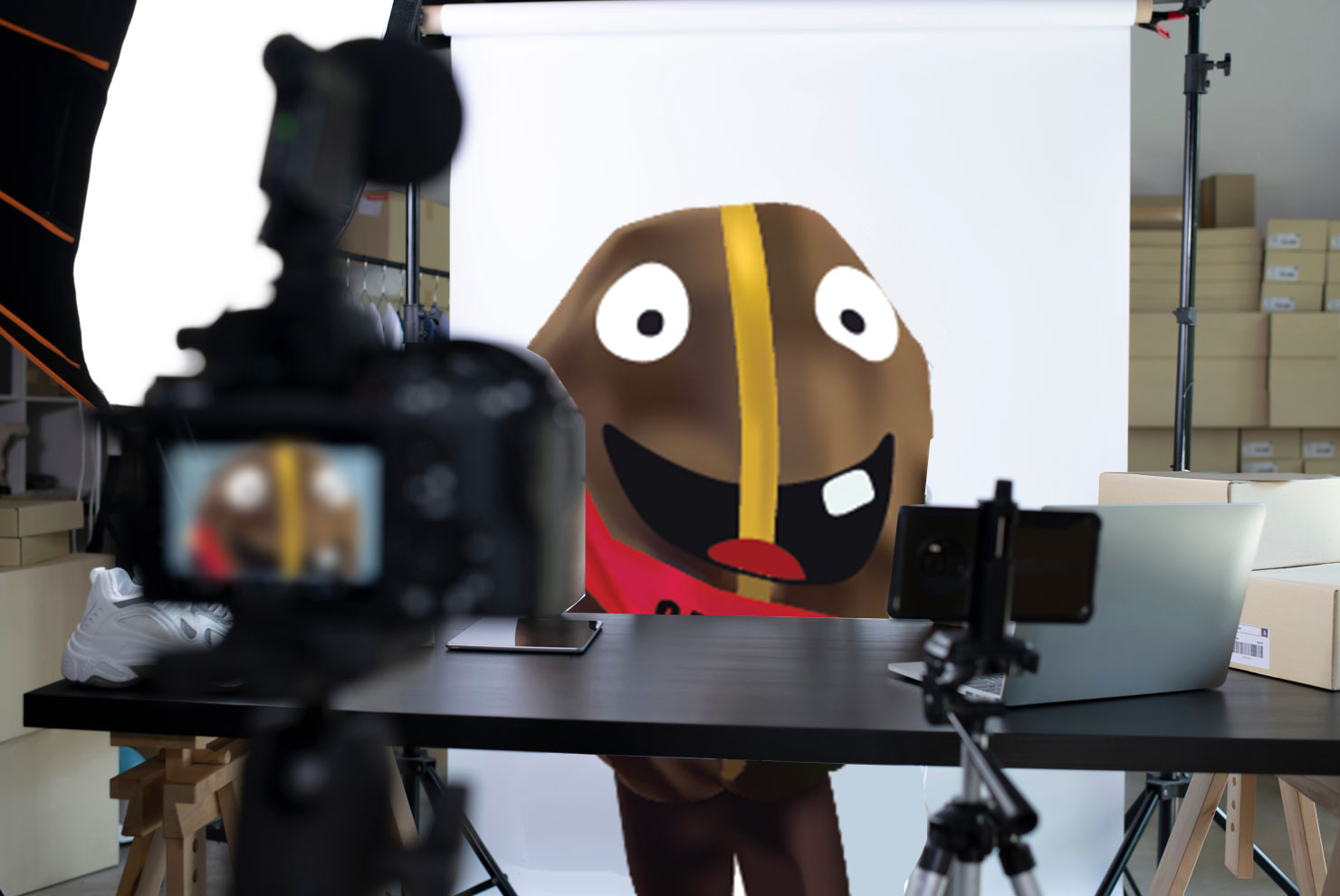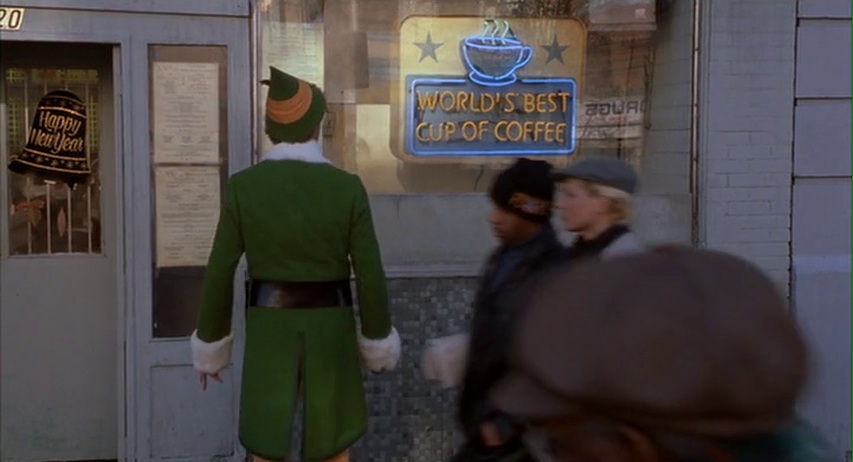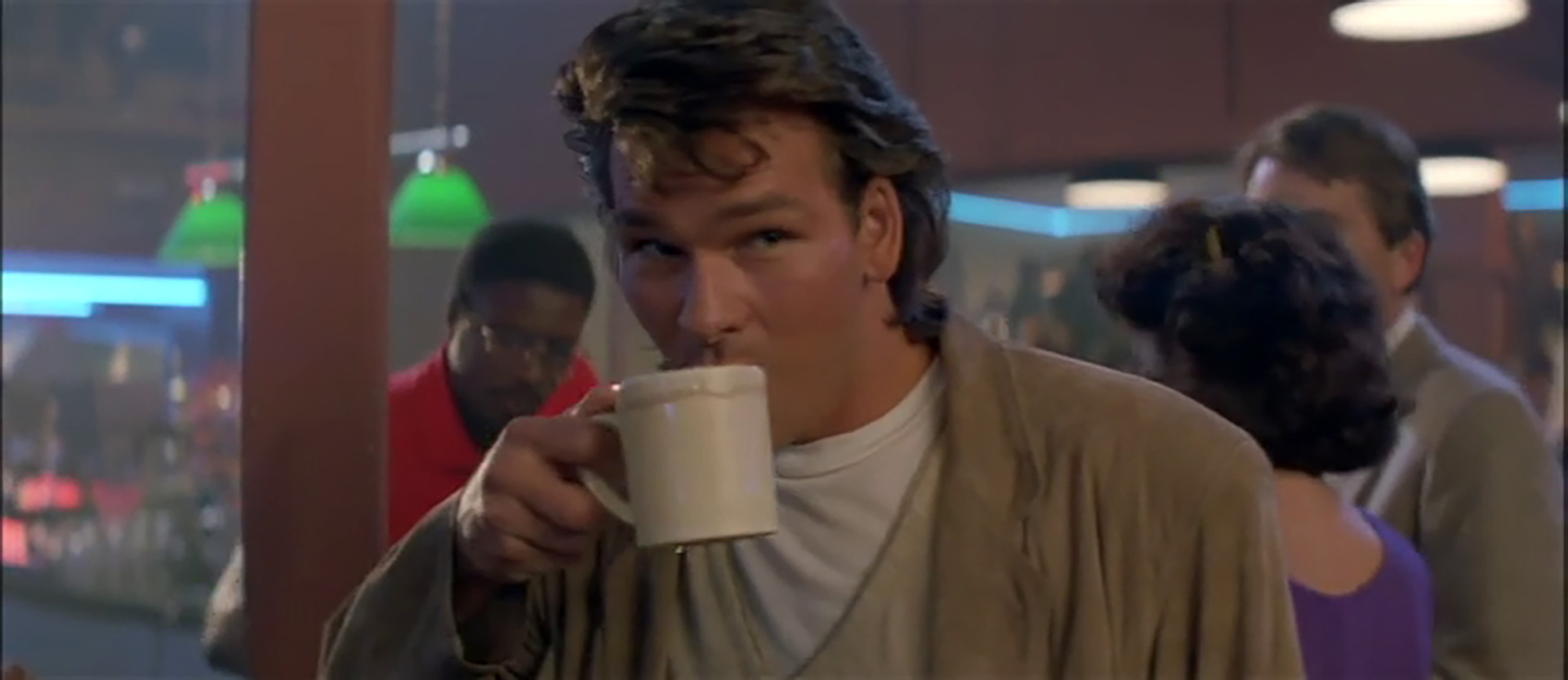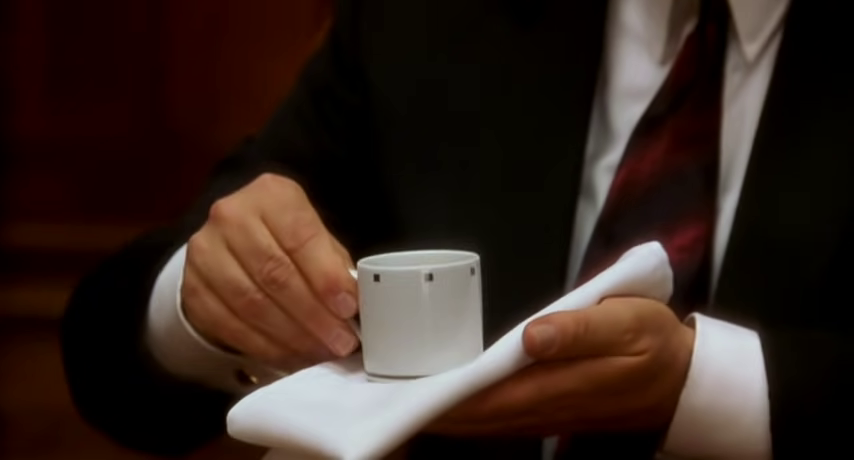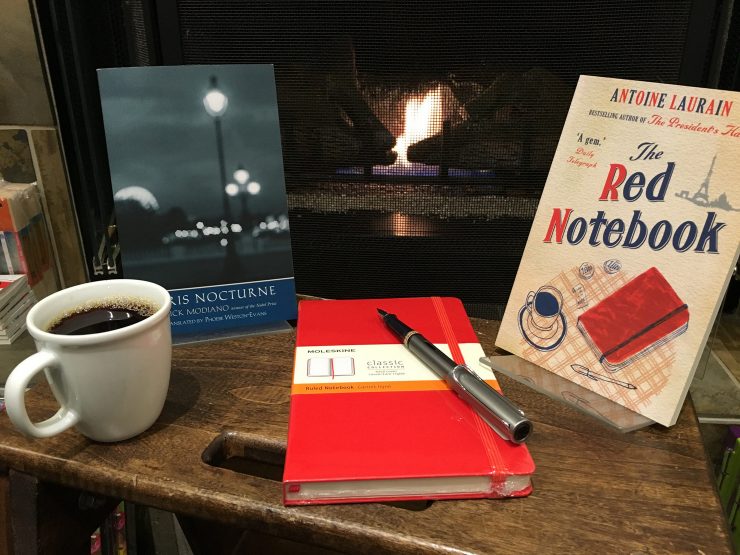
A book and a cup of coffee: two of the most comforting things in our modern lives. As the poet R.M. Engelhardt once wrote, “A smoke, a book, a cup of coffee. These are the little things that get us through this sometimes weary world and all the rainy days.”
I have a special love of books and coffee, the two pairing perfectly together. Coffee can be a pick-me-up to a dreary day; so can a book. Coffee can be the jolt you need to start on a new project; so can a book. The memory of a good cup of coffee will stay with you long after you’ve consumed it, and the same goes for a good book. It’s no surprise then that the combined bookstore/cafe enterprise would work so well.
“I think the special connection between books and coffee is simple: ideas,” says Matthew Davis of Politics & Prose in Washington D.C. “Bookstores are creative places that are full of new ideas and stories and perspectives. Coffee is the lubricant for that creativity.”
There is a connection between coffee and books that goes beyond the feeling of coziness induced when we wrap one hand around a warm mug and use the other hand to turn the pages of whatever we are reading. Bookstores, much like coffeehouses and cafes, serve as community hubs, gathering places for like-minded individuals. They are places where we can spend hours perusing pages of books full of history, information, stories, inspiration, and new ideas. It is no wonder then that just as coffee has been banned for its connection to stimulating free, intellectual thought, so have books—and unfortunately, many still are.
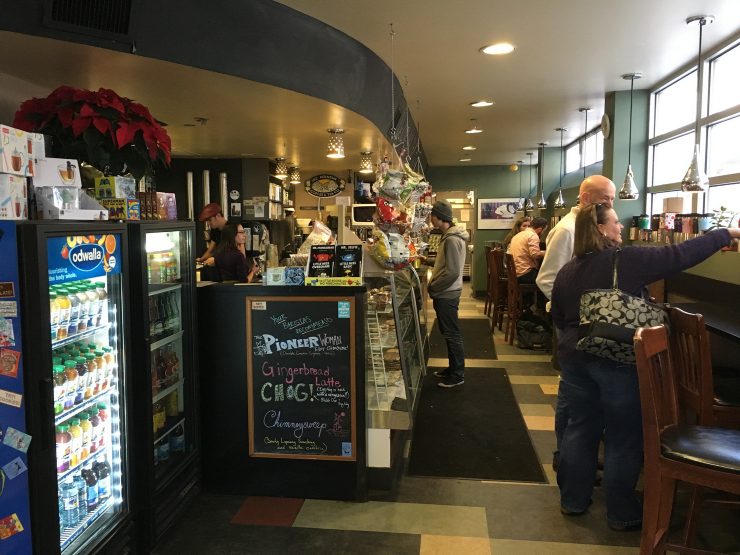
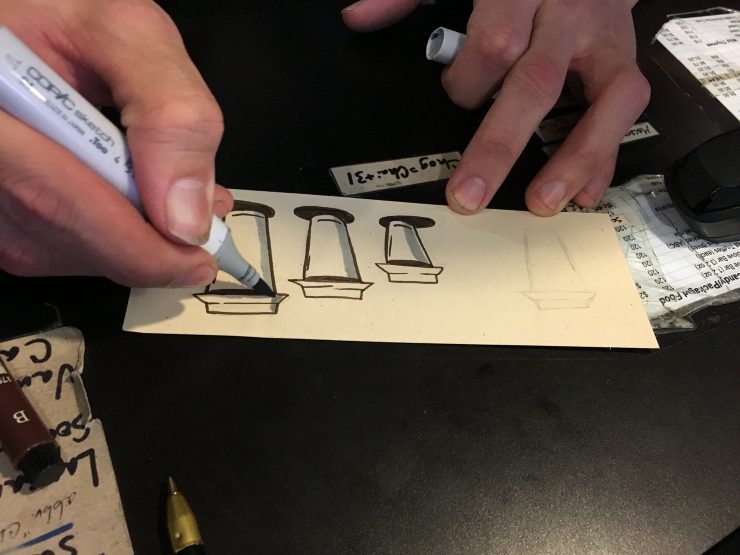
“The connection of books and coffee is not new, nor is the proliferation of coffee houses, which dates back to the 1600s,” says Kristen Gilligan of Denver’s Tattered Cover chain, where cafes are built right into the bookstores, encouraging customers to grab a book or two and sit down in a comfy chair with a drink. “There was significant growth in coffee houses during the 1950s—the beatnik era with its poetry readings, music, conversation, social and political movements.” Gilligan points out that we see this happening today, not only in coffee shops, but in “bookstores with more expansive offerings, appealing to people with many different interests in books, and culinary persuasions.”
Cafes may serve this social purpose, but there’s also a more personal element at play. “While cafes are social places by nature, they can also let you be publicly anonymous,” reminds Gilligan. “You can sit, lingering among the sounds of undecipherable chatter, the whoosh of the espresso machine, and the clink of coffee cups and silverware that surround and envelop you in your own world. You can read a newspaper or a book, solve crossword puzzles, write, or set up a temporary office and scratch some items off your to-do list,” she continues. “Cafes can provide a quick escape—all without really unplugging from day-to-day life.”
Books often serve a similar purpose, allowing us to detach from the world around us and dive into a new one. In that way, books can be our solace, and they require our undivided attention.
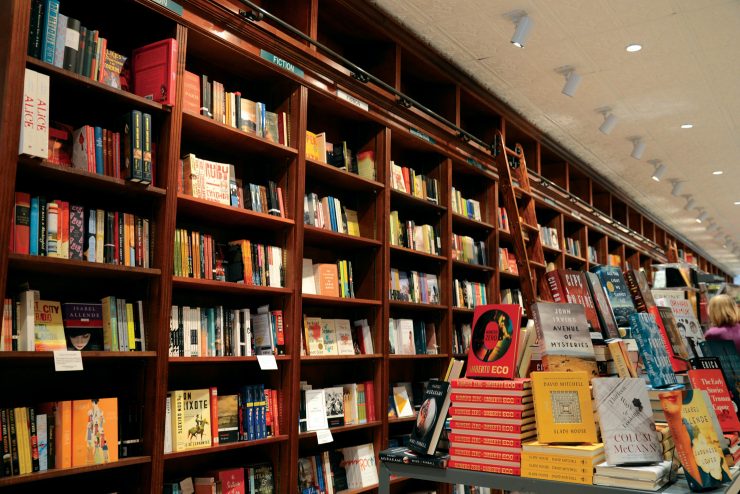
Reading “is a soothing experience,” says Zack Ruskin of Book Passage, a Marin County bookstore and cafe, just north of San Francisco. “Our brain narrows in on the moment. While watching television or listening to music still provide the opportunity to browse your iPhone or laptop, books require our full attention. In this state of focus and relaxation, a piping hot beverage just seems a natural fit—something to sip on with purpose as you reach a particularly insightful passage or encounter an unexpected twist.”
Books require our focus, and coffee aids in that process; together, the two force us to slow down. As Davis points out, Third Wave coffee “has brought back the concept of slowing down our interaction with coffee and appreciating it. Even the brewing process has slowed down, we are long past instant coffee and now taking a few minutes for one single cup of coffee, reviving methods like the pour-over and press pots.” In the same vein, he continues, “customers don’t race through bookstores—they quietly shuffle around and carefully flip the book over to read the synopsis, grab a book or two, then find a chair to read a bit. Hopefully with a cup of coffee in their hand.”
But while coffee paired with books is far from a new concept, some businesses are approaching the combination with a modern spin. Take Shakespeare & Co. in New York City (no, no relation to the one in Paris). In September, this iconic bookstore opened under new ownership (On Demand Books), with a revolutionary way of thinking about books and coffee: not only can you buy and read books, but you are encouraged to print your own, with their Espresso Book Machine. This print-on-demand feature is not only a game changer for authors looking to self-publish, but also for readers who are looking for hard-to-find titles. Once you’ve printed your book, you can sit down with a cup of coffee made with Counter Culture beans.
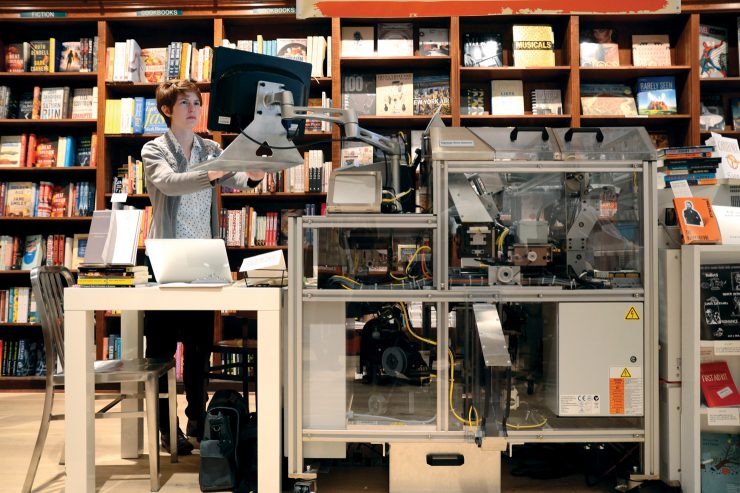
Imagine the coffee-fueled novel that you’ve been hammering out on your laptop, fueled by countless filter coffees. Once you’re finished, you step over the machine to turn it into a final printed piece, then you pop back over to the cafe to tell people about it; it’s an ongoing cycle of inspiration and ideas. In the mind of Dane Neller, founder of On Demand Books, the “bookstore is becoming a cultural spot… there’s elements of the traditional with the modern.” And that includes coffee. “A coffee bar is a critical component,” adds Neller, “bookstores are about community, about gathering. Coffee bars are about that too.”
Adding a coffee bar to a bookstore helps to solidify and grow that community. “When we were purely a bookstore, our regular customers came in at most once a week. Now that we have a cafe as well, our regulars come in once a day,” says Danielle Hulton of Seattle’s Ada’s Technical Books, where they specialize in math, science, engineering, and technology books, but also a coffee service that’s reflective of their love for technology and science (for example, they’ve got Kyoto Cold Drip Towers). “It’s great to have a closer connection with our customers,” says Hulton. “Also, our store is consistently buzzing with people and ideas because people come in more frequently.”
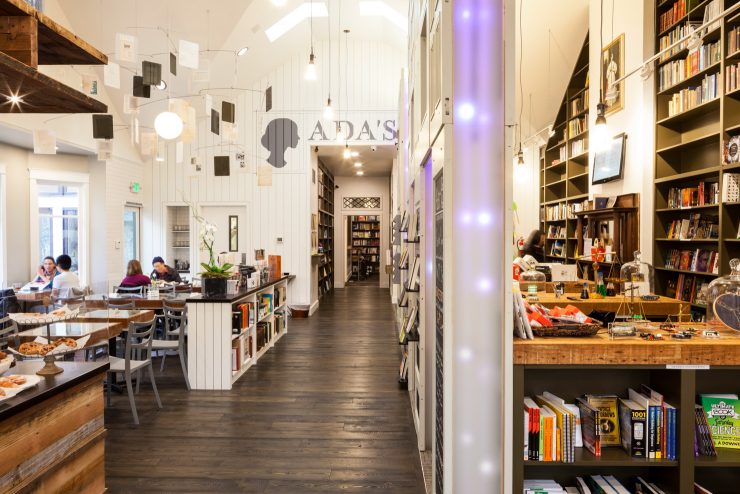
The other book-centric locations that serve as a community hub? Libraries. At the Brooklyn Public Library you can take some time before or after you check out your books to visit the cafe run by the acclaimed pie shop Four & Twenty Blackbirds. In fact, knowing how much of a community hub and gathering place a library can be, was “a part of the reason that we were attracted to it in the first place,” says Four & Twenty Blackbirds co-founder Emily Elsen. At the cafe located in the main lobby, the bakery serves a selection of its beloved pies as well as a full lunch menu of soups and salads, which you can finish off with coffee from Stumptown Coffee Roasters. In the past, the cafe has worked with a variety of local Brooklyn roasters. For Elsen, the pairing of coffee and books (and in her case, pie) is simple. “Enjoying a good coffee and something that you’re reading seems pretty hand in hand, pretty complementary,” says Elsen. As they say at Four & Twenty Blackbirds: “keep reading, there’s pie!” We could probably add “and coffee” too.
In today’s digital age, where online book giants are squashing out independent brick-and-mortars, bookstores are forced to think of different ways to get readers into their stores and keep them there. This beloved combination just might be what helps to guide these businesses forward. “I think the bookstore of the future is the coffee bar of the future and vice versa,” says Neller. “The internet can do a really good job if you want something… but if you want to experience something and be a part of a community and shop for your books, write your books, you can’t do that online.”
Anna Brones (@annabrones) is a Sprudge.com staff writer based in Paris, the founder of Foodie Underground, and the co-author of Fika: The Art Of The Swedish Coffee Break, available now from Ten Speed Press. Read more Anna Brones on Sprudge.
Top photo appears courtesy of Tattered Cover.




